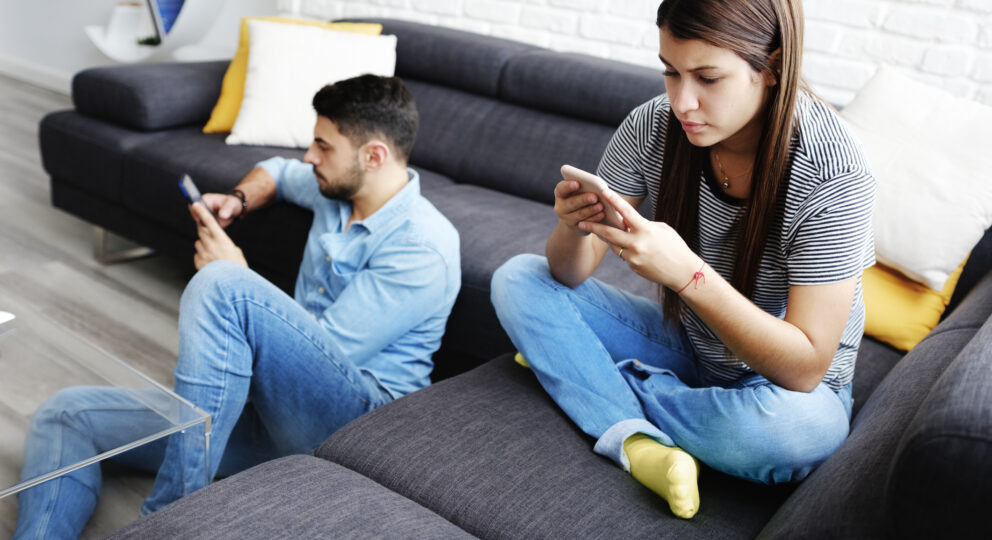We all need emotional connection. Humans have a natural desire for connecting with others. Whether that’s with a relative, a partner, a friend, or a coworker, it satisfies the common emotional needs of being included, having a sense of control over our lives, and being liked. When these needs are met, people experience well-being and a sense of purpose in their lives.
The Loneliness Paradox
Despite knowing that we are happier and healthier when we have meaningful connections and interactions with people, we still struggle as a society to to effectively address the loneliness epidemic. The Atlantic recently highlighted these isolation issues in ‘Why Americans Suddenly Stopped Hanging Out‘, a problem particularly prevalent among the younger generation. Widespread loneliness profoundly impacts mental health, leading to significant increases in depression, anxiety, and suicide. While discussions of this pervasive issue are frequent, we have not been able to shift away from our dependence on screens and the resulting lack of connection.
A 2018 American Psychological Association study shows that quality social exchanges enhance mental health and prolong life expectancy. However, the pull of screen time over meaningful interactions and unending to-do lists take their toll on our personal connections. The average person spends about 7.5 hours a day on screens, increasing feelings of isolation. Over 95% of teenagers use digital devices before bed, contributing to poor sleep and higher rates of depression. This well-documented correlation between increased screen time and mental health issues underscores a persistent paradox: despite knowing the dangers, we continue to sink deeper into digital interaction.
‘Screentime predicts depressive symptoms,’ reports the National Institute of Health. Depression has reached all-time highs for many reasons, one being the screen-addicted age we live in. Humans thrive in interpersonal relationships, not digital ones.
Is Digital Companionship the Answer?
In the digital landscape, companies like ParaDot AI, Replika, and other platforms promise to alleviate the ache of aloneness, by telling consumers that caring, romance, and companionship are just a click away. Digi AI also pledges to initiate new types of relationships with their Pixar-character styled companions through its platform. These applications promise a sense of connection, yet it is unlikely they can replace or even supplement the human interactions that are essential for genuine connection. Instead, why not strive to deepen our connections with one another?
Unveiling the Power of Human Relationships
The research is not new nor necessarily surprising. It makes sense. If we do not have healthy relationships our mental health suffers, and the link between physical and mental health is well established. It is not enough to just be in a relationship but it is the quality of the relationship that is important. Enter John Gottman, whose five decades of research have given us invaluable insights into how human relationships work. Dr. Gottman has developed tools that will improve the quality of our relationships, our relationship satisfaction and yes, our mental health. They can be applied across all types of relationships- friends, family, romantic. We must nurture these relationships and continually work on them- as hard if not harder than we do with our jobs.
Instead of turning to our screens when are lonely or bored, let’s turn towards the people in our life. Let’s make those connections that are not only more fulfilling but critical for our health and well being.






